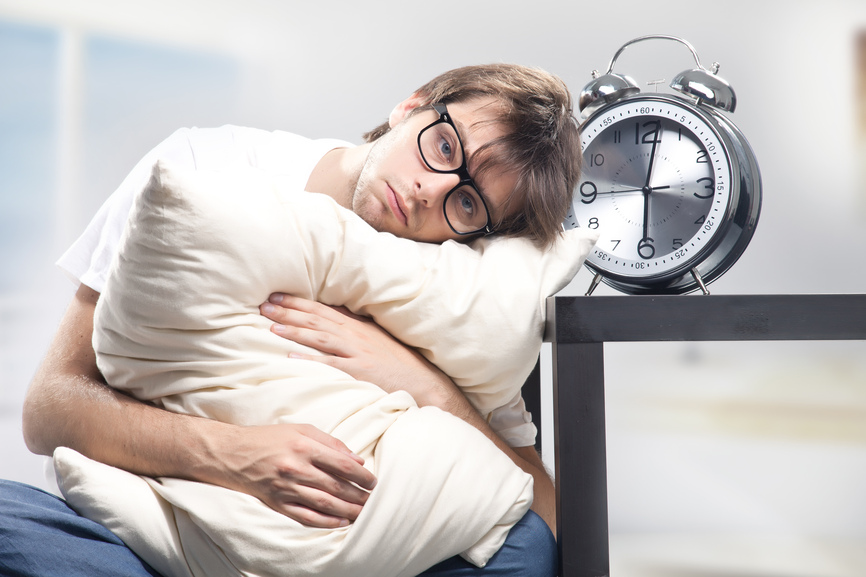Sleep apnea (or sleep apnoea) is a condition that presents itself with a whole range of symptoms from loud and frequent snoring to insomnia, headaches and memory loss. Indeed, with such a wide range of possible symptoms, sufferers are likely to come across a number of myths and misconceptions while reading up on the condition. Fortunately, we’ve put together a sleep apnea myths busting guide to help you get to grips with the condition:
1: Sleep apnea is simply snoring and is ultimately harmless
While snoring is a very common symptom for those with sleep apnea, there is a big difference between the sleep disorder and a bout of snoring. People with sleep apnea can actually stop breathing up to 400 times during the night, with pauses lasting between 10 and 30 seconds. This pause usually results in a snort that breaks the sleep cycle and can leave sufferers feeling fatigued throughout the day.
2: Sleep apnea is a minor condition
While sleep apnea varies in severity from person to person, it has the potential to be very disruptive to a person’s life. Indeed, if left untreated the disorder can result in serious consequences such as fatigue-related injuries, heart attacks, car accidents, and strokes.
3: Only old folks get sleep apnea
While the chance of developing sleep apnea increases with age, it can affect anyone of any age. Generally speaking, risk factors include being male, overweight, and having a genetic history of the condition.
4: Alcohol will help me to sleep better
While alcohol often helps people to fall asleep more quickly, it reduces important rapid eye movement (or REM) sleep, and can actually worsen the symptoms of sleep apnea.
5: A CPAP machine will make loud noises that will annoy me and my partner
While older CPAP machines may have produced some noise, the newest technological advances mean they are now much quieter. Ultimately, your partner will be far less bothered by the light whirrings of a CPAP machine than the snoring caused by the sleep apnea itself. They are also likely to sleep better in the knowledge that your condition is being treated and you are staving off many of the ill effects of sleep apnea.

